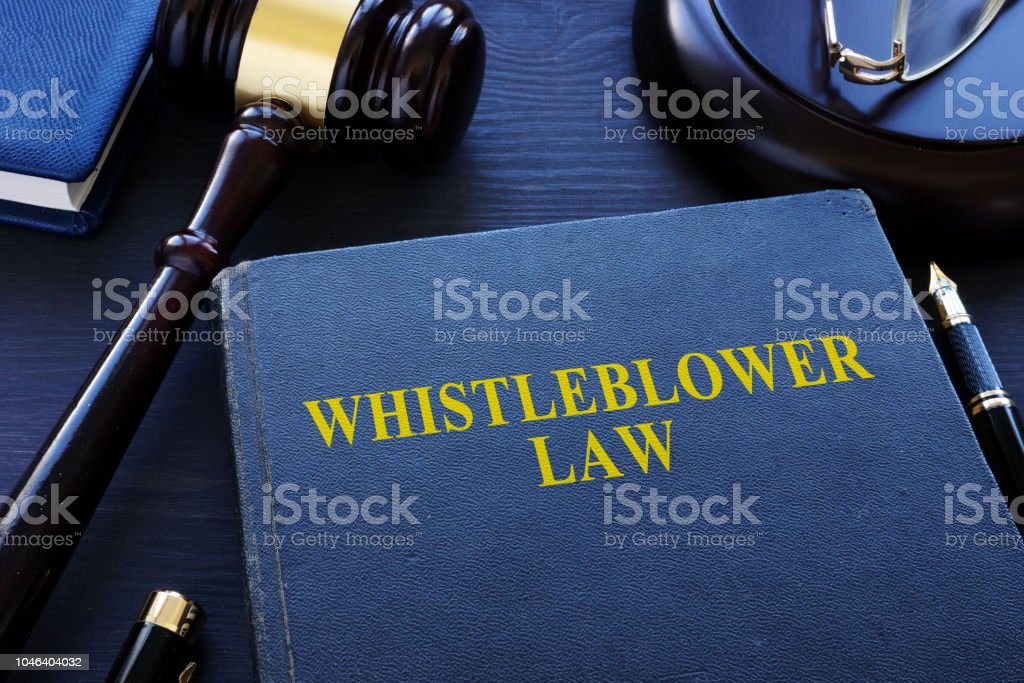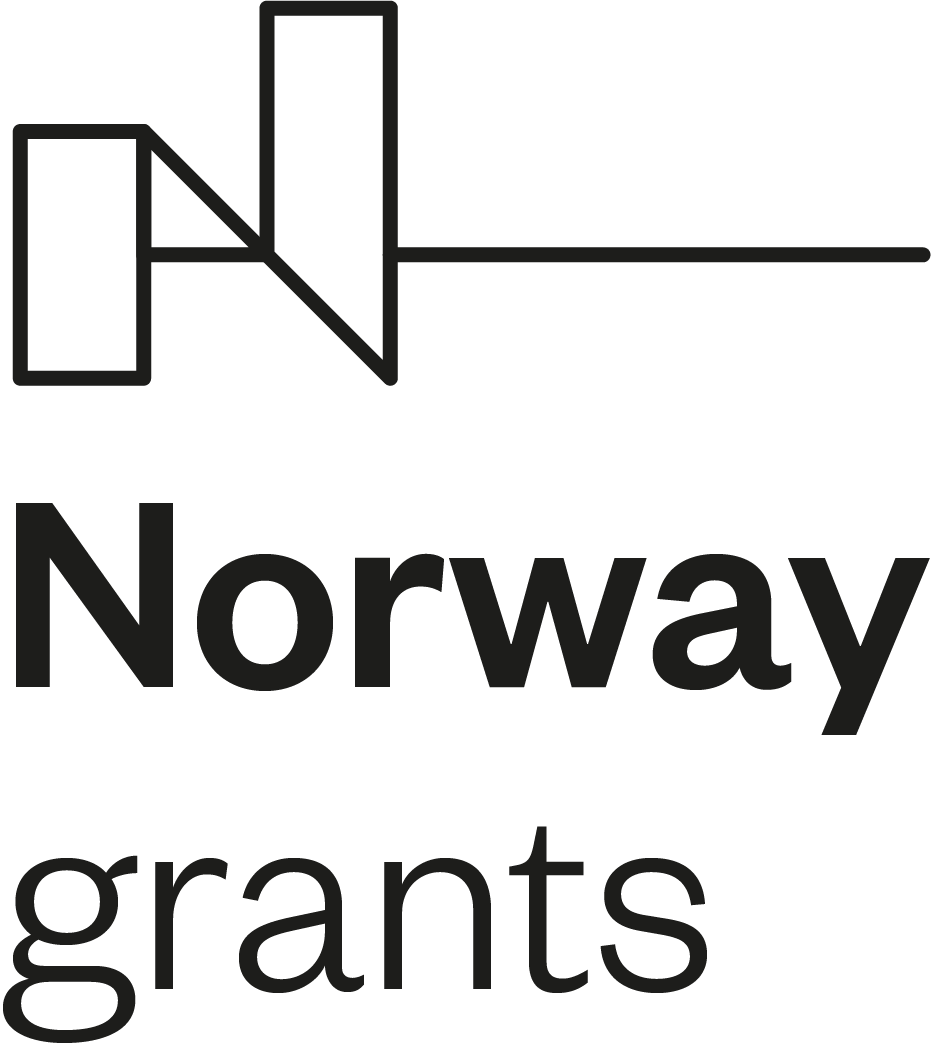About the whistleblowing

Concept of overcoming the ‘chilling effect’, repercussions for magistrates who dare to ‘blow the whistle’ in the judiciary. The intersection between these seemingly different problems is the ordinary magistrate, ‘one against the system’, who would not dare to expose violations committed by his colleagues, regarding what happens to those who allow themselves to speak.
In this context, with regard to whistleblowing and in establishing and maintaining the judicial independence and freedom of expression, the ‘chilling effect’ is reflected in two key ECtHR judgments in cases Kövesi v. Romania and Miroslava Todorova v. Bulgaria. The applicants were leading magistrates in their countries. They had expressed on several occasions criticism towards judiciary from a strictly professional perspective. ECtHR founds violations of their rights and negative effect among judiciaries. The premature term termination of Kövesi as the chief prosecutor of the National Anticorruption Directorate by the president of Romania has had a ‘chilling effect’ and intended to discourage not only her but also other magistrates in future from participating in public debates on legislative reforms and issues concerning the independence of the judiciary. Judge Todorova had been president of the main professional association of judges. Her role and duty consisted of primarily defending the professional interests of the members of that organization, i.a. by making public pronouncements about the functioning of the judicial system and the need for reforms. Her critical positions with regard to the way the Council of judiciary and the Government were managing and organising the justice system, matters undeniably in public interest. ECtHR assessed that the disciplinary sanction initially imposed on judge Todorova, namely dismissal, was a particularly severe one and perceived by third parties as a breach of the applicant’s freedom of expression and violation of judicial independence. Her dismissal and immediate enforcement of that sanction for about one year had uncontroversial a ‘chilling effect’ on her and on other judges, deterring them from expressing critical views over judicial independence.

Magistrates who sound the alarm often face indifference, hostility or, worse, retaliation, either they report a concern within the judiciary to an appropriate authority or make public disclosure. Therefore, to achieve the goals set in the basic principles the judiciary should ensure the adoption of effective, credible and independent whistleblowing policies for magistrates. Such a mechanism will not only contribute to the affirmation of the rule of law but also to the strengthening of public confidence in the judiciary. Directive 2019/1937 is a specific EU instrument which could have direct influence on this process. To be covered by whistleblowing protection law, an individual who makes a disclosure must reasonably believe two things: acting in the public interest and in good faith. The directive provides for the establishment of reliable internal reporting mechanisms; however, whistleblowers may address the issue externally directly if they believe the internal channel is compromised. The identity or any information related to the whistleblower shall not be disclosed to anyone beyond authorized staff without their explicit consent. All personal data of the whistleblower must be handled in accordance with the General Data Protection Regulation (GDPR). The directive aims to bring all national frameworks in line regarding the rights of whistleblowers and offers a minimum level of protection that is uniformed across EU and leaves it to the MSs to extend the definition of whistleblowing cases which qualify for legal protection. Aiming to uphold the rule of law and bring a cultural shift within judiciary it is vital that MSs sent an unambiguous message to magistrates to act properly and with great caution on reported information. It should be cleared that practices of retaliation or victimization of whistleblowers are incompatible in a democratic society. Strong level of protection for those who ‘blow the whistle’ can be achieved by adopting relevant legislative measures. Incorporating an explicit principle that further develops the ideas of Bangalore in the codes of EPC for magistrates would be essential. We envisage a hypothetical rule stating the following: ‘In order to eradicate negative effects on public interests and image of Justice, magistrates shall be expected to act in a good faith when reporting wrongdoings. Opportunities, including confidentiality, internal and external channels, neutral advisors and protection from any form of retaliation or victimization shall be granted’.
Our proposal for new ethical rule
In order to eradicate negative effects on public interests and image of Justice, magistrates shall be expected to act in a good faith when reporting wrongdoings. Opportunities, including confidentiality, internal and external channels, neutral advisors and protection from any form of retaliation or victimization shall be granted.
Bibliography on Whistleblowing
-
CASE OF MOSER v. AUSTRIA, ECtHR, 12643-02, Judgment
-
CASE OF PRETTO AND OTHERS v. ITALY, ECtHR, 7984-77 – Judgment
-
CASE OF AXEN v. GERMANY, ECtHR, 8273-78 – Judgment
-
CASE OF TAVARES DE ALMEIDA FERNANDES AND ALMEIDA FERNANDES v. PORTUGAL, ECtHR, 31566-13 – Judgment
-
CASE OF FAZLIYSKI v. BULGARIA, ECtHR, 40908-05 – Judgment
-
CASE OF KYPRIANOU v. CYPRUS, ECtHR, 73797-01 – Judgment
-
ECtHR, 21181-19 -CASE OF TULEYA v. POLAND, judgment ENG
-
DIRECTIVE (EU) 2024/1069 on protecting persons who engage in public participation from manifestly unfounded claims or abusive court proceedings (‘Strategic lawsuits against public participation’)
-
Romanian Law No. 571 on the protection of personnel within public authorities, public institutions and other establishments, who report infringements
-
Directive (EU) 2019/1937 on the protection of persons who report breaches of Union law
-
Independence, Accountability and Quality of the Judiciary. Measuring for improvement. ENCJ Report 2019-2020
-
Minimum Judicial Standards V. Disciplinary proceedings and liability of judges, ENCJ Report 2014-2015
-
Case Bosev v. Bulgaria, no 62199/18, ECHR 2024, judjment in french
-
Case Christi Daniele v. Romania, № 16915/21, ECHR 2024, Judgment
-
Case Kozan v. Turkey, № 16695-19, ECHR, 1 March 2022, Information note in English
-
Case Kozan v. Turkey, № 16695-19, ECHR, 1 March 2022, judgment in French
-
Case Harabin v. Slovakia, no 58688/11, ECHR 2012, judgment
-
Case Bucur and Toma v. Romania, № 40238/02, ECHR, 8 January 2013, judgment in French
-
Case Bucur and Toma v. Romania, № 40238/02, ECHR, 8 January 2013, information note about ar. 10
-
Case Bucur and Toma v. Romania, № 40238/02, ECHR, 8 January 2013, information note
-
Case Miroslava Todorova v. Bulgaria, № 40072/13, ECHR 2021, judgment in French
-
Case Miroslava Todorova v. Bulgaria, № 40072/13, ECHR 2021, information note
-
Case Kudeshkina v. Russia, № 29492/05, ECHR 2009, judgment in Russian
-
Case Kudeshkina v. Russia, № 29492/05, ECHR 2009, judgment in English
-
Case Heinisch v. Germany, № 28274/08, ECHR 2011, Information note
-
Case Heinisch v. Germany, № 28274/08, ECHR 2011, Judgment
-
Case Volkov v. Ukraine, no 21722/11, ECHR 2013
-
Case Baka v. Hungary, № 20261/12, ECHR 2008, Judgment in Russian
-
Case Baka v. Hungary, № 20261/12, ECHR 2008, Judgment
-
Case Guja v. Moldova, № 14277/04, ECHR 2008, Judgment in Macedonian
-
Case Guja v. Moldova, № 14277/04, ECHR 2008, Information Note
-
Case Guja v. Moldova, № 14277/04, ECHR 2008, Judgment
-
Case Kövesi v. Romania, № 3594/19, ECHR 2020,
-
Parliamentary Assembly Recommendation 1916 (2010) on the protection of “whistle-blowers” (2010), Council of Europe
-
Parliamentary Assembly Resolution 1729 (2010) on the protection of “whistle-blowers” (2010), Council of Europe
-
Recommendation CM/Rec(2014)7 and explanatory memorandum of the Committee of Ministers to member States on the protection of whistleblowers, CoE
-
Protection of whistleblowers: A brief guide for implementing a national framework, Council of Europe, January 2015; The Public Interest Disclosure Act (PIDA) enacted on 2 July 1998, amended on 25 April 2013 by the Enterprise and Regulatory Reform Act 2013 (ERRA)
-
M.A. Hersh, Whistleblowers — heroes or traitors?: Individual and collective responsibility for ethical behavior, Annual Reviews in Control, Volume 26, Issue 2, 2002, Pages 243-262, ISSN 1367-5788
-
McGlone, J, The Health Consequences of Speaking Out. Social Medicine, 2012
Bibliography on Whistleblowing
- CASE OF MOSER v. AUSTRIA, ECtHR, 12643-02, Judgment
- CASE OF PRETTO AND OTHERS v. ITALY, ECtHR, 7984-77 – Judgment
- CASE OF AXEN v. GERMANY, ECtHR, 8273-78 – Judgment
- CASE OF TAVARES DE ALMEIDA FERNANDES AND ALMEIDA FERNANDES v. PORTUGAL, ECtHR, 31566-13 – Judgment
- CASE OF FAZLIYSKI v. BULGARIA, ECtHR, 40908-05 – Judgment
- CASE OF KYPRIANOU v. CYPRUS, ECtHR, 73797-01 – Judgment
- ECtHR, 21181-19 -CASE OF TULEYA v. POLAND, judgment ENG
- DIRECTIVE (EU) 2024/1069 on protecting persons who engage in public participation from manifestly unfounded claims or abusive court proceedings (‘Strategic lawsuits against public participation’)
- Romanian Law No. 571 on the protection of personnel within public authorities, public institutions and other establishments, who report infringements
- Directive (EU) 2019/1937 on the protection of persons who report breaches of Union law
- Independence, Accountability and Quality of the Judiciary. Measuring for improvement. ENCJ Report 2019-2020
- Minimum Judicial Standards V. Disciplinary proceedings and liability of judges, ENCJ Report 2014-2015
- Case Bosev v. Bulgaria, no 62199/18, ECHR 2024, judjment in french
- Case Christi Daniele v. Romania, № 16915/21, ECHR 2024, Judgment
- Case Kozan v. Turkey, № 16695-19, ECHR, 1 March 2022, Information note in English
- Case Kozan v. Turkey, № 16695-19, ECHR, 1 March 2022, judgment in French
- Case Harabin v. Slovakia, no 58688/11, ECHR 2012, judgment
- Case Bucur and Toma v. Romania, № 40238/02, ECHR, 8 January 2013, judgment in French
- Case Bucur and Toma v. Romania, № 40238/02, ECHR, 8 January 2013, information note about ar. 10
- Case Bucur and Toma v. Romania, № 40238/02, ECHR, 8 January 2013, information note
- Case Miroslava Todorova v. Bulgaria, № 40072/13, ECHR 2021, judgment in French
- Case Miroslava Todorova v. Bulgaria, № 40072/13, ECHR 2021, information note
- Case Kudeshkina v. Russia, № 29492/05, ECHR 2009, judgment in Russian
- Case Kudeshkina v. Russia, № 29492/05, ECHR 2009, judgment in English
- Case Heinisch v. Germany, № 28274/08, ECHR 2011, Information note
- Case Heinisch v. Germany, № 28274/08, ECHR 2011, Judgment
- Case Volkov v. Ukraine, no 21722/11, ECHR 2013
- Case Baka v. Hungary, № 20261/12, ECHR 2008, Judgment in Russian
- Case Baka v. Hungary, № 20261/12, ECHR 2008, Judgment
- Case Guja v. Moldova, № 14277/04, ECHR 2008, Judgment in Macedonian
- Case Guja v. Moldova, № 14277/04, ECHR 2008, Information Note
- Case Guja v. Moldova, № 14277/04, ECHR 2008, Judgment
- Case Kövesi v. Romania, № 3594/19, ECHR 2020,
- Parliamentary Assembly Recommendation 1916 (2010) on the protection of “whistle-blowers” (2010), Council of Europe
- Parliamentary Assembly Resolution 1729 (2010) on the protection of “whistle-blowers” (2010), Council of Europe
- Recommendation CM/Rec(2014)7 and explanatory memorandum of the Committee of Ministers to member States on the protection of whistleblowers, CoE
- Protection of whistleblowers: A brief guide for implementing a national framework, Council of Europe, January 2015; The Public Interest Disclosure Act (PIDA) enacted on 2 July 1998, amended on 25 April 2013 by the Enterprise and Regulatory Reform Act 2013 (ERRA)
- M.A. Hersh, Whistleblowers — heroes or traitors?: Individual and collective responsibility for ethical behavior, Annual Reviews in Control, Volume 26, Issue 2, 2002, Pages 243-262, ISSN 1367-5788
- McGlone, J, The Health Consequences of Speaking Out. Social Medicine, 2012


